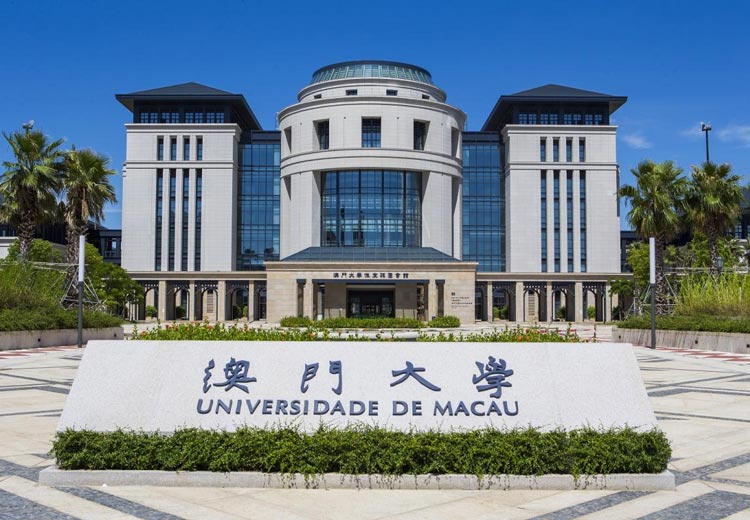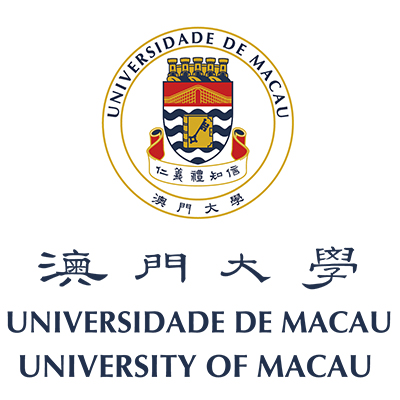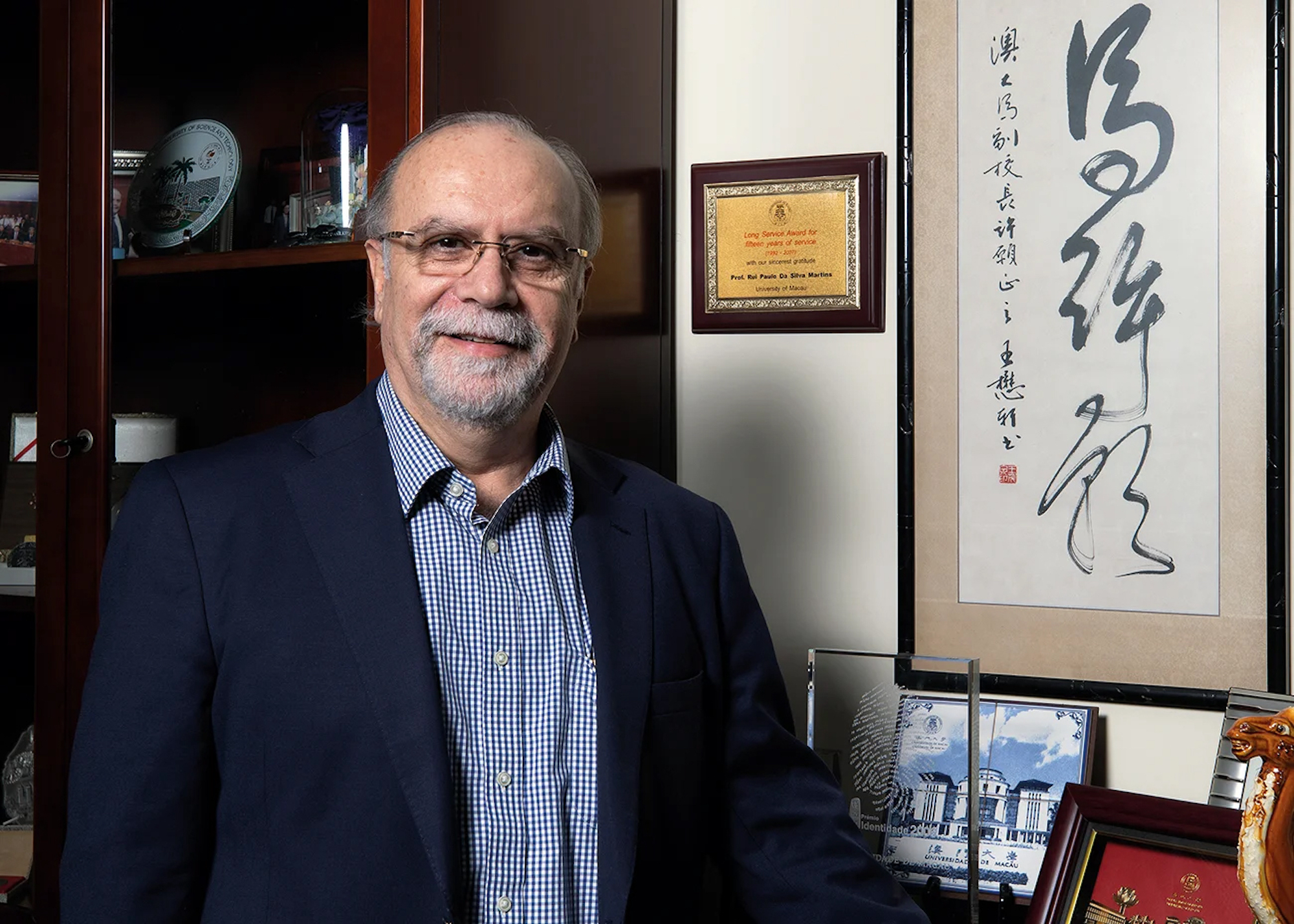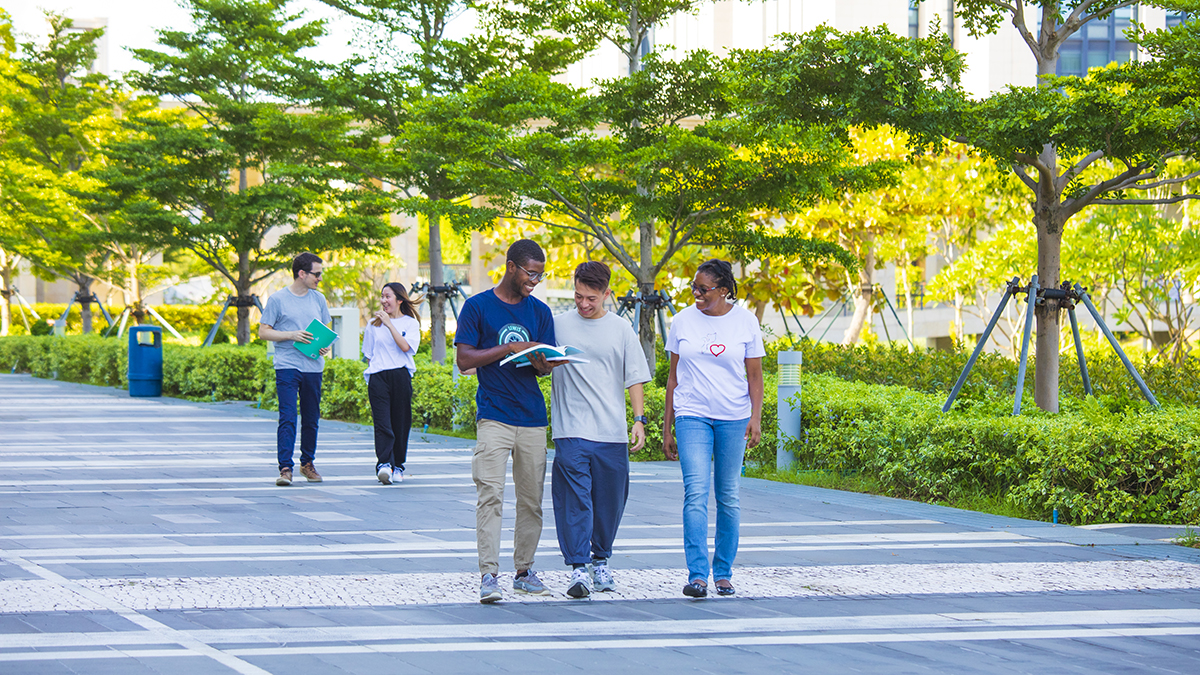The University of Macau strives to achieve international growth

Sponsored by

Sponsored by

The University of Macau has long held an ambition to increase its global reach and international student numbers. Although the pandemic slowed things down, this goal remains in sight
The University of Macau was founded in 1981 as the University of East Asia, and celebrated its 40th anniversary last year. It became a public university in 1991, renamed the University of Macau, and relocated to a new campus in 2014. The university offers 10 residential colleges managed by distinguished scholars. As part of its international strategic development plan, one of the university’s key priorities has been to expand its influence locally, regionally and internationally.
“In 2018, we made the decision to increase the number of full-time international students at the university,” explains Rui Martins, vice-rector for global affairs at the university. “We began to offer scholarships and exemptions on tuition fees to international students in a bid to attract more of them, and in 2019 the international student number grew by 30 per cent. We wanted to expand our reach to students from other nationalities.” The university also aims to increase student numbers regionally, including the Greater Bay Area, which covers a number of cities in mainland China and Hong Kong.

Prof Rui Martins, Vice Rector (Global Affairs) of UM
These plans hit a hurdle during the second semester of 2019/20, however, when the Covid pandemic hit. “There were students who went on holiday for Chinese New Year and who could not return and had to follow their classes online,” Martins says. “This academic year they’ve returned to campus and are catching up.”
There was a 5 per cent increase in international students during that time, and there are now students from more than 50 countries at the university. The pandemic also put the brakes on the university’s international exchange programme, which had attracted about 200 students from Europe to spend a semester in Macau. Last year, exchanges with Chinese universities – both incoming and outgoing – were resumed and by February 2023 all international student exchanges will resume.

UM aims to expanding its global reach and international student numbers.
Now that restrictions have been lifted, the university has redoubled its efforts to expand its international reach through student enrolments, research collaborations and exchanges. It is a member of the Association of Portuguese Speaking Universities, which brings together students and academics from institutions in countries such as Brazil, Angola, Mozambique, and Portugal. “Coronavirus was a challenge because we could not bring people together to circulate and develop international relations,” Martins says. “We were able to collaborate via Zoom and we look forward to resuming face-to-face participation this year.”
In addition, the Academic Library Alliance between Macau Special Administrative Region (China) and the Portuguese Speaking Countries, and the Academic Library Alliance for Portuguese Language Resources between the Macau Special Administrative Region and the Chinese Mainland, was set up in 2021 to celebrate the 40th anniversary of the University of Macau. This links 20 Portuguese-speaking universities with 20 universities in China that offer teaching in Portuguese. With an increasing number of Chinese students studying Portuguese but lacking materials, the alliance means they can access resources via an online platform. Similarly, Chinese universities can upload useful resources for teaching Chinese dialects.
“We are the point of connection between China and Portuguese-speaking countries,” Martins explains. The university hopes to expand international forums in research disciplines too, with the China-Portuguese Speaking Countries Ocean Research Alliance already set up with top universities in China, Portugal, Brazil, Angola and Mozambique. “From here, we can expand into other areas,” he concludes.
Find out more about the University of Macau.